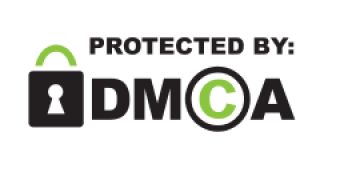The “war” between major rights holders and those who militate for the freedom of information is not about to end anytime soon. However, yesterday, the latter category lost another battle when regulators of the US Copyright Office rejected proposals to make console modding and the copying of DVDs legal.
Rights groups claimed that users should be allowed to modify game consoles to allow developers to test their creations.
However, according to Wired, Librarian of Congress James Billington and Register of Copyrights Maria Pallante claim that it’s OK for smartphones to be jailbroken, but the same principles can’t apply to videogame consoles.
That’s because it takes far more resources to develop a video game than it takes to create a smartphone application. Furthermore, the access controls on consoles are set in place not only to protect video games, but also the device’s firmware and all the applications that run on it.
Interestingly, while it’s still legal to jailbreak a mobile phone, it’s not legal to “root” tablets.
Public Knowledge, a Washington DC-based digital rights group, argues that users should be allowed to copy DVDs to enable them to view their content on the device and platform of their choice.
The organization’s representatives stress that by prohibiting the copying of CDs and DVDs, authorities are actually saying that every user who ripped a disk to transfer music to his iPod is copyright infringer.
The controversial Digital Millennium Copyright Act (DMCA) dictates that consumers are not allowed to “circumvent a technological measure that effectively controls access to a work protected under this title.”
On the other hand, although it’s not allowed to rip DVDs for space-shifting purposes, users are permitted to copy them if they want to make use of “short portions of the motion pictures for the purpose of criticism or comment.”

 14 DAY TRIAL //
14 DAY TRIAL //